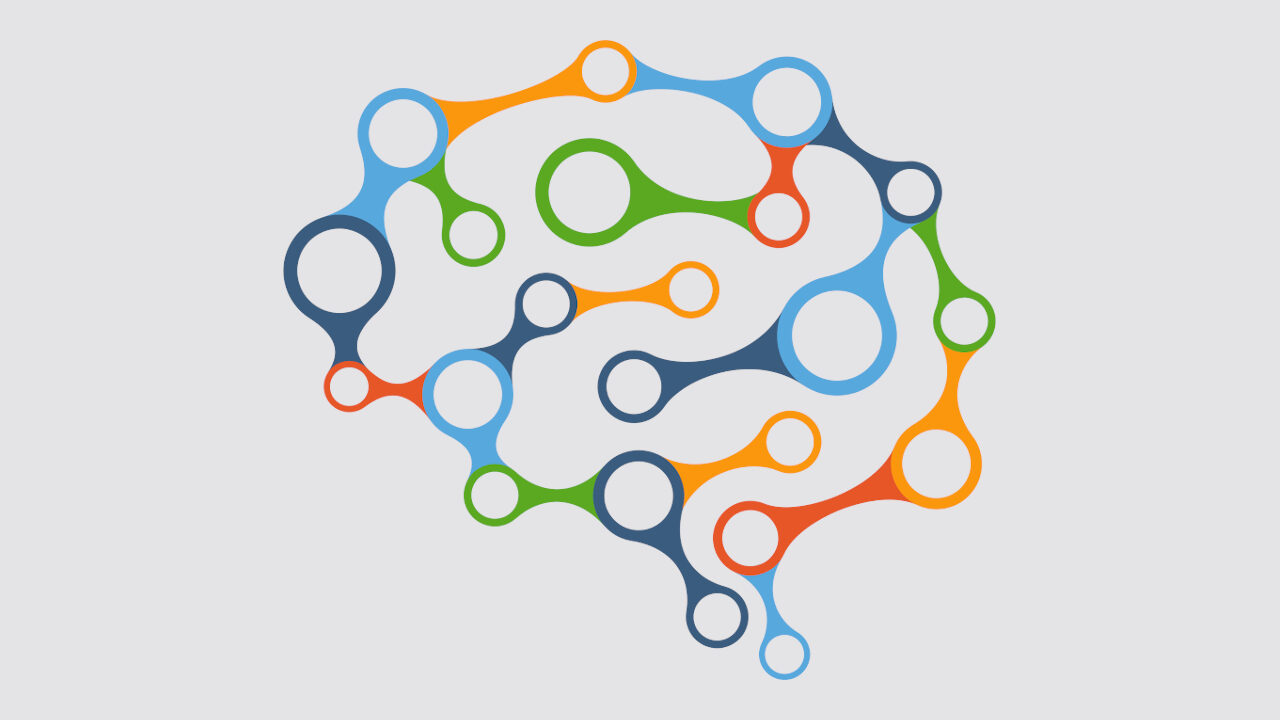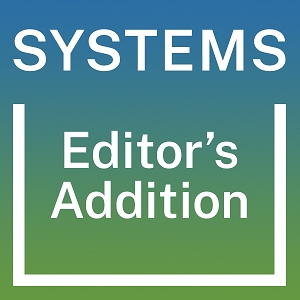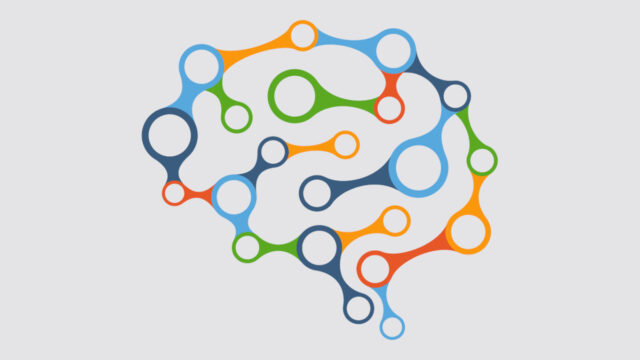
Competencies for systems thinking practitioners. Part 1: Overall expectations and knowledge
Edited by Gabriele Bammer. Originally published on the Integration and Implementation Insights blog.
What knowledge, skills and behaviours are required by those seeking to provide expert systemic analysis, advice and facilitation to support decision-makers in understanding and addressing complex problems, ie., problems that have no single ‘owner’ or cause, and no simple solution? What should decision makers be able to expect from the systems thinking practitioners they engage with?
The UK Institute for Apprenticeships and Technical Education (no date) provides competencies in knowledge, skills and behaviours and these are reproduced here (knowledge competencies), and in a companion blog post (skills and behaviour competencies). This list of competencies provides a very useful way of getting an overview of systems thinking and the skills required.
What should systems thinking practitioners be able to do?
Before outlining the knowledge, skills and behaviours, it is helpful to start by reviewing what decision makers can expect from the systems thinking practitioners they engage with. Systems thinking practitioners should be able to:
- Deliver expert problem-solving and solutions for multi-layer/ multi-organisation/ multi-government problems.
- Engage with colleagues, peers, stakeholders and decision-makers in order to facilitate the creation of shared methods of defining, interpreting and understanding the system of interest (eg., through models, pictures, stories, maps).
- Identify patterns, dynamics, power and inter-relationships within and affecting the system, using systems thinking methodologies; apply – with rigour – appropriate tools and techniques, as well as draw on relevant theory (eg., systems science, complexity science, social psychology, action research), to yield new insights and alternative perspectives.
- Engage with key actors to co-design suitable experiments and interventions – activities, policies, new products or services, new governance, structures, or processes – to address the challenges; evaluate relative fitness and efficacy.
- Explore outcomes and consequences, as well as facilitate learning with others.
- Ensure intervention and engagement methods are ethical and legal.
- Take the role of co-learner and participant within the system under scrutiny; act as a ‘reflexive practitioner’ aware that they are engaged in iterative work, and also that their own activity will influence the system they are working in.
Knowledge competencies
Five areas of knowledge are required by a systems thinking practitioner.
K1: Systems thinking
- Understands core systems concepts and laws that underpin and inform the practical methodologies and methods.
- Aware of the inter-relationships between Systems Thinking approaches (including methods and methodologies), enabling comparisons of paradigms and underpinning philosophies.
- Understands provenance of Systems Thinking methodologies and approaches in context of ‘schools’ of systems thinking and own ontology and epistemology.
- Understands essential concepts of systems: complexity, emergence, boundaries, inter-relationships, multiple-perspectives, randomness, non-linear relationships, feedback loops, sensitive dependence on initial conditions, and unpredictability.
K2: Systems approaches
- Has a sound working knowledge of at least three modelling approaches, as defined in the Systems and Complexity in Organisations (SCiO) professional standard framework (see the box below), including at least two of the widely-used systems methodologies or approaches: Critical Systems Heuristics, Soft Systems Methodology, System Dynamics, Viable System Model.
- Understands the applicability, benefits and limits of each systems approach for each situation, and how to integrate them into a broader methodological design.
- Understands relevance of, and knows methods for, determining appropriate scope, scale and systemic levels, for understanding, diagnosing and modelling situations, or for system design.
K3: Intervention and engagement
- Knows a range of approaches for delivering systems interventions with differing levels of complexity and ambiguity, including double loop learning, change methods, and learning cycles.
- Has a working knowledge of at least two methods or methodologies for: intervention planning, information gathering, engagement and change implementation.
- Understands the strengths and limitations of each approach; knows when and how to use each approach to gain insight to the organisational, societal and/or political context.
- Understands the principles of effective relationship building and stakeholder management and their application in a system intervention.
K4: Ethics
- Working knowledge of ethics as applied to systems interventions generally, and as applied specifically to sector where the practitioner is working.
- Appreciates the regulatory environment, and the legal, health and safety, and compliance requirements of the sector in which the practitioner is working.
K5: Assessment and evaluation
- Understands a range of quantitative and qualitative assessment and evaluation methods for determining the outcomes and impact of interventions, and for evaluating the effectiveness and impact of intervention decisions and processes.
Conclusion to Part 1
Do you agree with the tasks and knowledge competencies outlined? Are there others you would add? Are there some that you would modify or take off the list? Can you provide examples of the specifics of the tasks you have undertaken when working with decision makers? How have you developed and applied the knowledge competencies? Would it be useful to develop analogous competences for other approaches to complex problems such as transdisciplinarity, action research and post-normal science?
References:
The tasks and knowledge competencies are taken, with minor modifications, from the website of the UK Institute for Apprenticeships and Technical Education. (Online): https://www.instituteforapprenticeships.org/apprenticeship-standards/systems-thinking-practitioner/
The list of modelling methods identified by the Systems and Complexity in Organisations (SCiO) framework is available at: (Online): https://www.systemspractice.org/system/files/2021-02/SCiO%20Competency%20Framework%20self-assess%20portfolio%20v6%20Feb2021.pdf (PDF 97KB). This is part of a Systems Practitioner Personal Portfolio which also covers systems thinking knowledge and skills, and intervention knowledge and skills.
A description of “Editor’s additions” is available in https://i2insights.org/index/integration-and-implementation-sciences-vocabulary/. This editor’s addition was produced by Gabriele Bammer using the references above.
Biography:
 |
Gabriele Bammer PhD is Professor of Integration and Implementation Sciences (i2S) at the National Centre for Epidemiology and Population Health at The Australian National University in Canberra. i2S provides theory and methods for tackling complex societal and environmental problems, especially for developing a more comprehensive understanding in order to generate fresh insights and ideas for action, supporting improved policy and practice responses by government, business and civil society, and effective interactions between disciplinary and stakeholder experts. She is the inaugural President of the Global Alliance for Inter- and Transdisciplinarity (2023-25). |
Article source: Competencies for systems thinking practitioners. Part 1: Overall expectations and knowledge. Republished by permission.
Header image source: Diego Dotta on Open Clipart, Public Domain.






